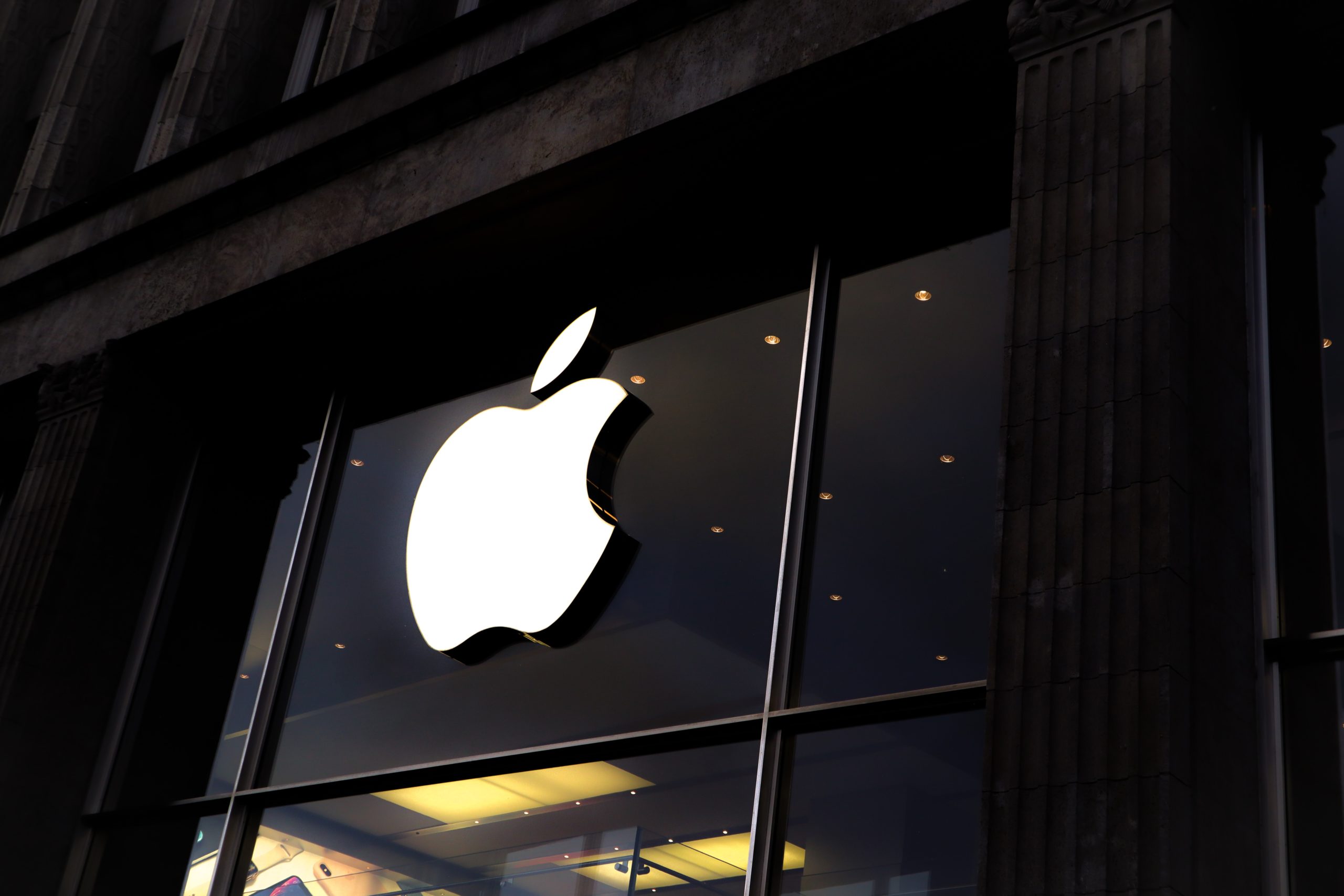Apple has once again made some moves to make the internet more private. At its 2021 Worldwide Developers Conference (WWDC), Apple announced new features intended to give consumers more control over how businesses interact with them. Let’s take a closer look.
What Privacy Controls Did Apple Announce at WWDC?
Apple announced that later in 2021, the company will roll out new features to help people control how their online data is used by third parties. They include:
- Allowing people to disable the ability of marketers to see if and when an email is opened via Apple’s Mail app.
- Making it possible for people to hide their internet protocol (IP) address information in order to prevent businesses from tracking web usage on the Safari browser.
In addition, Apple indicted that premium iCloud users will be able to access the internet with a feature called Private Relay. This feature will block network providers from using IP addresses and web usage to create a user profile for tracking.
Why Does Apple’s WWDC Announcement Matter?
The news from WWDC is the latest in a series of actions from technology giants Apple and Google to make it more difficult for businesses to track users in order to deliver personalized advertising. For instance:
- In 2020, Google announced it would stop supporting third-party cookies on the Chrome browser. In 2021, Google toughened its stance by saying it would not support workarounds for third-party cookie tracking.
- Apple recently launched a privacy control known as Application Tracking Transparency (ATT), which requires apps to get the user’s permission before tracking their data across apps or websites owned by other companies for advertising, or sharing their data with data brokers.
The advertising world has reacted with a mixture of concern and resignation as businesses adapt to a reality in which third-party cookies will be less useful for creating targeted advertising. In addition, Facebook has argued that Apple’s ATT will hurt small businesses that rely on Facebook’s advertising tools to create personalized content.
How Will the WWDC Announcement Affect Advertisers?
It’s really too early to say yet how advertisers will be affected by Apple’s latest announcements. For one thing, they have not been launched yet. In addition, although Safari is the second-most popular browser in the world, it lags far behind Chrome in terms of usage. On the other hand, Chrome and Safari together constitute 83 percent of the global market share for browsers. The real impact will be seen when both Google’s and Apple’s tighter restrictions take hold together. It will be interesting to see the impact of the restrictions in Apple Mail, which has the largest market share among email apps.
What Should Advertisers Do?
As I noted in a recent blog post,
- Don’t assume targeting and personalization are dead because of the way Apple and Google are focusing on privacy. You can still use your own data to buy targeted ads on Google properties such as YouTube, Gmail, and Google Search – so long as you bring their first-party data into Google through the company’s existing Customer Match product. Moreover, as we noted in a recent blog post, if you want to use your own data to serve up targeted ads outside Google’s walls, Google is developing its own cohort-based alternative to third-party cookies to help you do that. Stay tuned for more product developments.
- Do consider tapping into your own first-party data more effectively to create ads (and True Interactive can help you do so). For example, collect more first-party data by using cookies to understand who visits your site; or run a promotion that collects email addresses. Collect purchase data if applicable to your site.
My blog post “Google Unlocks First-Party Data for Publishers” contains more tips.
At True Interactive, we’re doing the heavy lifting to help our clients navigate these changes. Bottom line: be ready to adapt. But don’t panic.
Contact True Interactive
To succeed with online advertising, contact True Interactive. Read about some of our client work here.
Photo by Laurenz Heymann on Unsplash
